EPS mold
Showing 1–16 of 24 results
-

Architectural Styrofoam Molding
Read more -
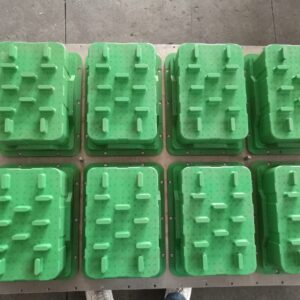
Customized Eps Expandable Polystyrene Heart Shape Box Mold
Read more -
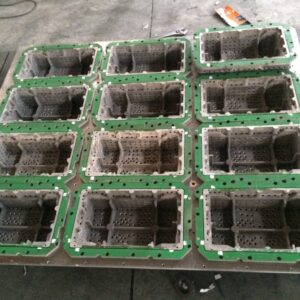
Customized Processing EPS Dates Box Mold For Fruit Box Vegetable Box
Read more -
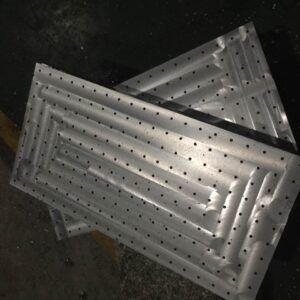
Direct supply eps mold is used to make fish box
Read more -
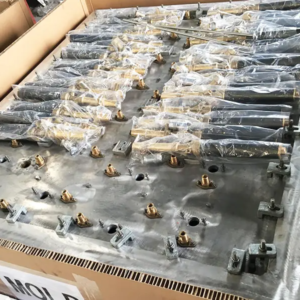
EPS Aluminium Mould For Electrical Package and Concrete Wall
Read more -
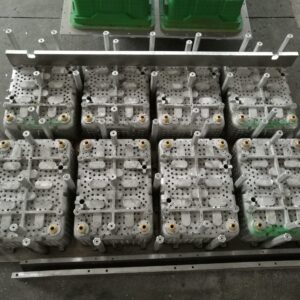
Eps Concrete Block Mold
Read more -
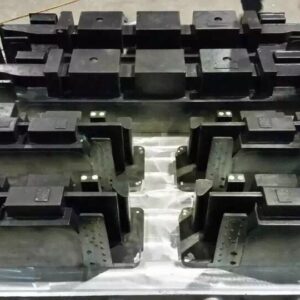
EPS ICF Mold
Read more -

EPS lost foam mold
Read more -
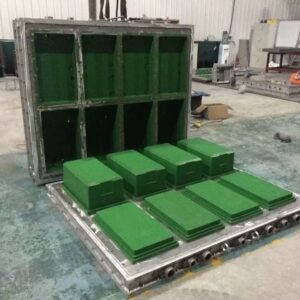
EPS Mold For Foam Fish Box
Read more -

EPS Mold Packaging Inject Mould For Shape Moulding Machine
Read more -
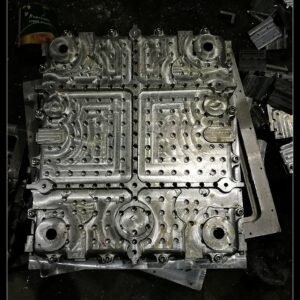
EPS Packaging Box Foam Mould Full Mould Casting
Read more -
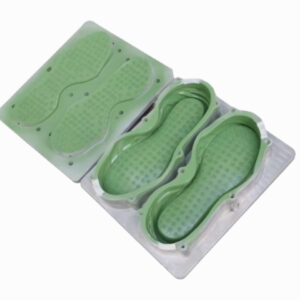
ETPU Shoe Sole Mold
Read more -
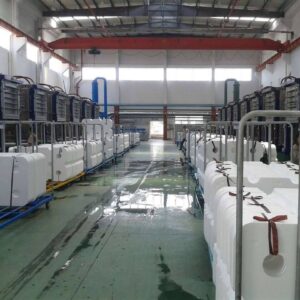
Expandable Polystyrene Foam Box EPS Helmet Mold
Read more -

Filling Gun
Read more -

Foam Cast Mold
Read more -

Foam Crown Molding
Read more
